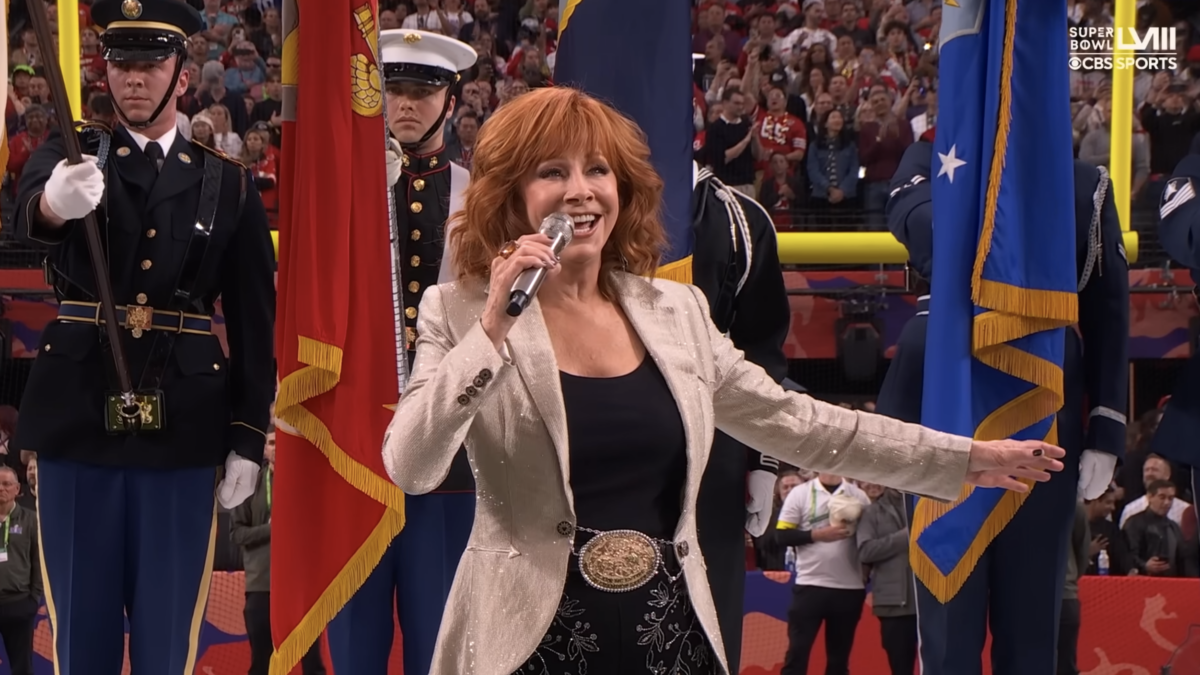Rihanna and Mick Jagger can try and try, but they can’t get no satisfaction from the White House. The two singers are irate at President Trump’s use of their music at his rallies. Although both parties have asked the president to stop, with Rihanna’s representatives even sending a cease-and-desist letter to White House counsel, the leader of the free world hasn’t seemed to budge, which likely gives him great satisfaction.
While Rihanna appears to believe that she can eventually win the case, Jagger understands that you can’t always get what you want, especially from music licensing, because “when you appear in America…if you’re in a public place…you can play any music you want.” He’s right: anyone who purchases a performance license from ASCAP and BMI, the key-holders to nearly every music copyright in existence, can play anything within the two organizations’ repertories at almost any time.
Some observers are now advocating that, in the interest of performers, the Department of Justice’s Antitrust Division, headed by Makan Delrahim, revisit the agreements that make compulsory music licensing mandatory. However, instead of blaming the DOJ for the frustration of artists like Rihanna and Jagger, policymakers should consider revisiting the history of unrestrained corporate greed that brought about these restraints in the first place.
ASCAP and BMI are copyright trolls that capitalize on the intellectual property laws meant for protecting creative content for personal gain. The two entities represent the end-product of music publishers colluding together into two monopolies that control approximately 90 percent of all music performing rights.
It didn’t take long for this aggregation of power to bring problems for performers or businesses. As songwriter Matt Fitzgibbons explained, “In the early days, these industry behemoths would collude and charge exorbitant sums for the playing rights of music because this is far from a competitive marketplace and there was nothing stopping them from doing so.”
After being accused of price-fixing by the U.S. government, ASCAP and BMI signed DOJ consent decrees that created the modern-day blanket licensing system in 1941. In the words of Fitzgibbons, the decrees “have created some semblance of a market pricing structure that has protected both songwriters and small businesses from monopolistic abuse.”
By getting the cost of music under control, establishments do not have to break the bank just to afford background music, while performers can continue receiving the convenience of ASCAP and BMI’s revenue collection and distribution and benefiting from the upward pressure on song compensation that comes with more establishments participating in the system.
Rihanna and Mick Jagger might have some qualms about the current compulsory licensing process, but a system that hinges upon government-created monopolies is never going to be perfect. The Department of Justice made this clear when it concluded its exhaustive two-year review process of the consent decrees in 2016, writing: “Although stakeholders on all sides have raised some concerns with the status quo, the Division’s investigation confirmed that the current system has well served music creators and music users for decades and should remain intact.”
Nothing has changed over the last two years that should make the federal government reconsider its opinion. As stated in a recent letter from hundreds of small businesses across the country, “the termination of the decrees would result in market dysfunction, jeopardizing the licensing system as we know it.” Not to mention an accounting and record-keeping nightmare!
So, please, Makan Delrahim and the rest of the Trump Justice Department, follow the guidance of Rihanna’s lyrics rather than her political advice and don’t stop the music.









